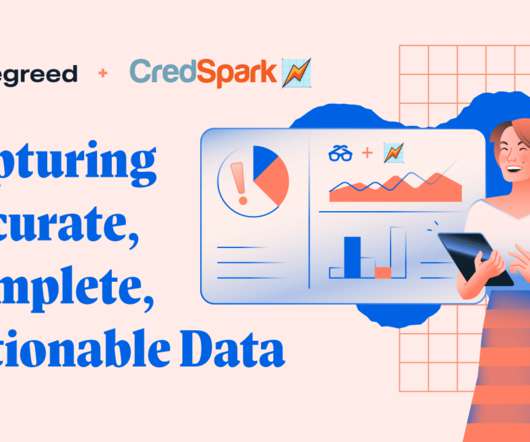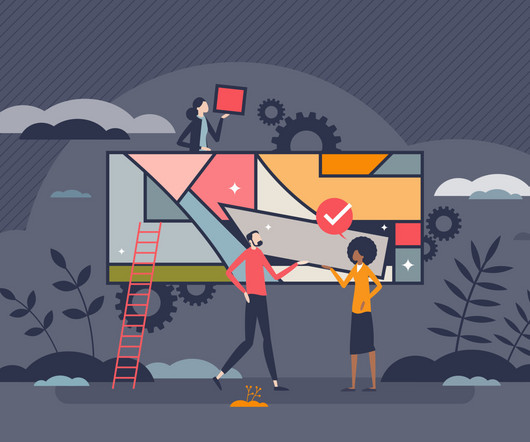5 Keys to Measurement: Get Actionable Learning Data from Your People
Degreed
DECEMBER 6, 2022
Gather feedback as close to the learning experience as possible , while people have it fresh in their minds and can articulate what would make the experience better. Quantitative feedback should be captured regularly — at the moment of learning and again over time, so you can see how learning is retained and applied.























Let's personalize your content